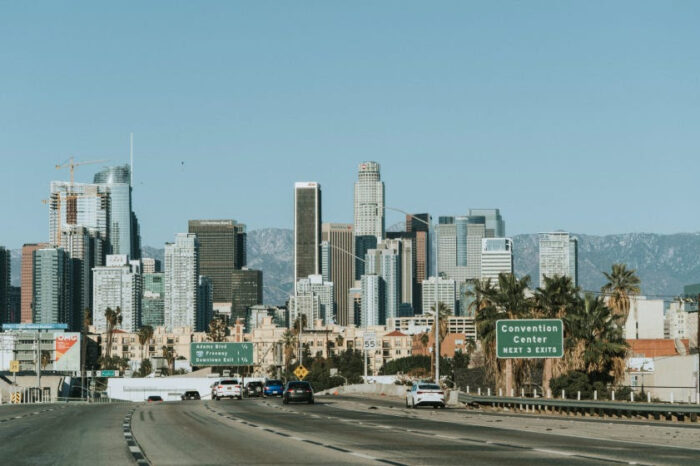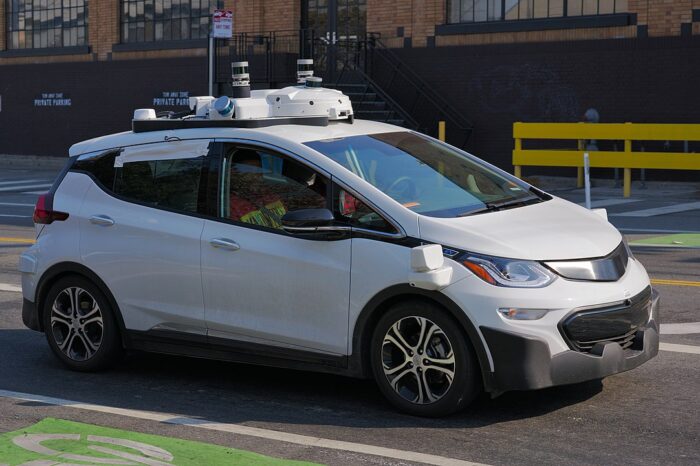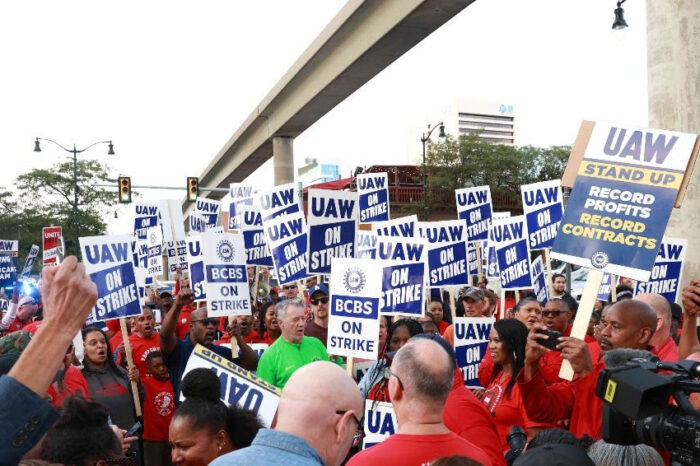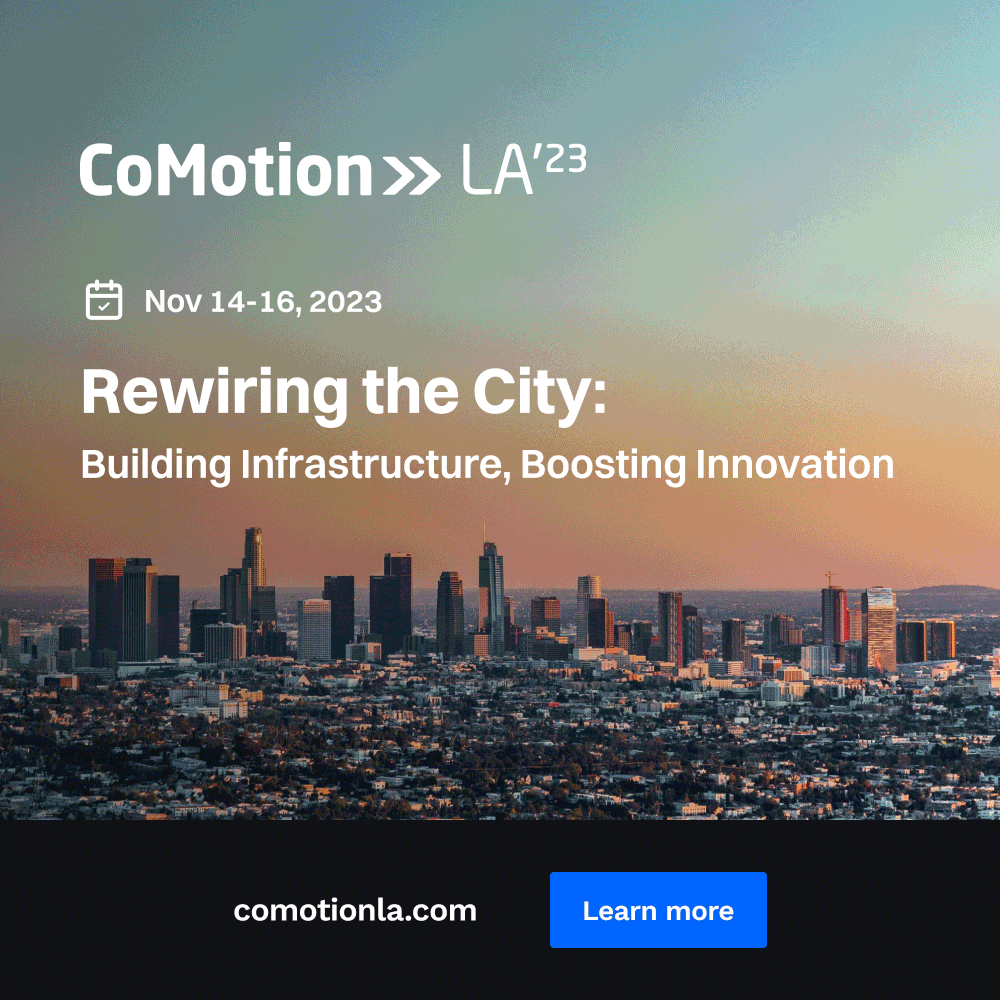The reminders of climate change have been relentless. A historic heat wave across much of the U.S. shows no signs of abating. Record temperatures in China are threatening crops and the electric grid. Vermont is recovering from unprecedented floods. Two major home insurers say they can no longer offer coverage in Florida due to mounting hurricane risks.
Fittingly, this is the week that U.S. and Chinese officials meet in Beijing to discuss cooperation on climate change. Not only does the world depend on both of these powers committing to reducing emissions, but they depend on each other for crucial climate technology. Meanwhile, what can cities do to prepare for a hotter future? While cities in Texas look at planting trees and setting up cooling centers, some experts believe that a groundbreaking paint invented by researchers at Purdue University could be a climate game-changer.
Also: AVs hit political headwinds in California, Tesla builds its first Cybertruck, Shenzhen authorizes eVTOL flights, a flying car takes flight, Amtrak offers a vision for an American rail renaissance, a look at what is actually causing e-bike battery fires, and a compelling new reason to support the 15-minute city.
Last but not least, a first glimpse of CoMotion LA ‘23! Register for your Super Early Bird pass now
![]()
A very hot meeting in China: It is fitting that both the U.S. and China are enduring record heat waves as John Kerry arrives in Beijing to discuss how the world’s two biggest polluters can address climate change. China halted climate talks with the U.S. last August in response to then-Speaker Nancy Pelosi’s visit to Taiwan. Progress on climate depends on big changes from both countries, which currently account for roughly 40% of global emissions. Please folks…we’re counting on you!
AVs run into political backlash in California: The honeymoon for autonomous technology may be over in California. The California Public Utilities Commission, which appeared ready to allow Cruise and Waymo to expand robo-taxi operations in San Francisco, has now postponed a vote on the policy. Meanwhile, a bill backed by the Teamsters that will bar freight trucks from operating without a safety driver advances in the legislature.
The case against human drivers: In response, Cruise and Waymo are going on the offensive, arguing that their imperfect driving record is still way better than that of humans. “Humans are terrible drivers,” declares a full-page ad Cruise purchased in the San Francisco Chronicle, the New York Times, the Los Angeles Times and the Sacramento Bee.
Tesla tells customers to expect reduced tax credits: The EV maker’s website says that Tesla buyers should not expect to qualify for the full $7,500 federal EV tax credit after the end of this year. Although the automaker did not offer an explanation, it is likely suggesting that a stricter interpretation of “Made in America” requirements will at least partially disqualify its vehicles.
And the cybertruck is here…kind of: Four years after unveiling the prototype, Tesla says it has built its first Cybertruck, suggesting the futuristic SUV will be available for purchase in late 2023 or early 2024.
Get on the bus or get out of town: Two Chicago alders call on Chicago Transit Authority president Dorval Carter to resign, citing records showing that he and many other members of his leadership team rarely use public transit themselves.
A flying car goes for a spin: The CEO of Doroni Aviation, a Florida eVTOL manufacturer, goes on the first manned flight of its two-seat ‘flying car.’
Shenzhen approves eVTOL flights: Officials of the Chinese city agree to allow urban air mobility service EHang to operate sight-seeing tours, with plans to roll out 10 routes by the end of the year.
![]()
What If We Had a 15-Minute City for Friendship?: A 15-minute city is supposed to allow you to reach everything you need –– health care, groceries, education, work –– with an easy walk or bike ride. But there’s one other crucial amenity that is often neglected: friends. As societies seek to combat alarming increases in social isolation and loneliness, making it easy to see friends should be a top priority, suggests Sarah Holder for CityLab.
Will white paint save us? The New York Times looks into the “whitest paint ever,” concocted by a team of researchers at Purdue University as a climate-friendly way to cool buildings. Now some experts believe the paint, which has been shown to reflect up to 95% of sunlight, could be a climate game-changer, significantly reducing the amount of heat absorbed by the Earth and halting the increase in global temperatures. It’s still at least a year until the paint will be commercially available. It couldn’t arrive sooner.
How Texas cities are planning for a hot future: The BBC looks at how cities in the Lone Star State are preparing to mitigate the effects of global warming, from cooling centers to protect the homeless to tree-planting to combat urban heat island.
Which e-bike batteries cause fires? TechCrunch transportation reporter Rebecca Bellan explains what is causing deadly e-bike battery fires and how you can avoid them. The problem appears to be largely driven by cheap, off-brand batteries. Unfortunately, these are often the ones that delivery workers opt for, prompting some to argue that delivery apps have a responsibility to connect their couriers to safe equipment.
What America can learn from China: Robinson Meyer argues in the New York Times that America cannot make much-needed progress on climate change unless it can learn from China about clean energy. The industrial collaboration necessary on EV batteries and more, however, is not in vogue politically.
What would an Amtrak revival look like? Writing for CityLab, Angie Schmitt examines Amtrak’s proposed 15-year, $75 billion plan to dramatically expand America’s passenger rail network. Despite a huge injection of funding from the infrastructure law passed in 2021, success will depend on the cooperation from state governments, some of which are led by transit-skeptic Republicans.
Why so many Complete Streets policies fail: Writing for Planetizen, Michael Lewyn addresses the fact that pedestrian deaths have risen even as cities across the U.S. have committed to “complete streets.” Using his hometown of San Antonio as an example, he shows how cities are not actually fulfilling the complete streets philosophy. Notably, they’re not taking action to reduce car speeds.
Enjoy the Week in Review? Get it delivered directly to your inbox by signing up for the CoMotion NEWS newsletter.






